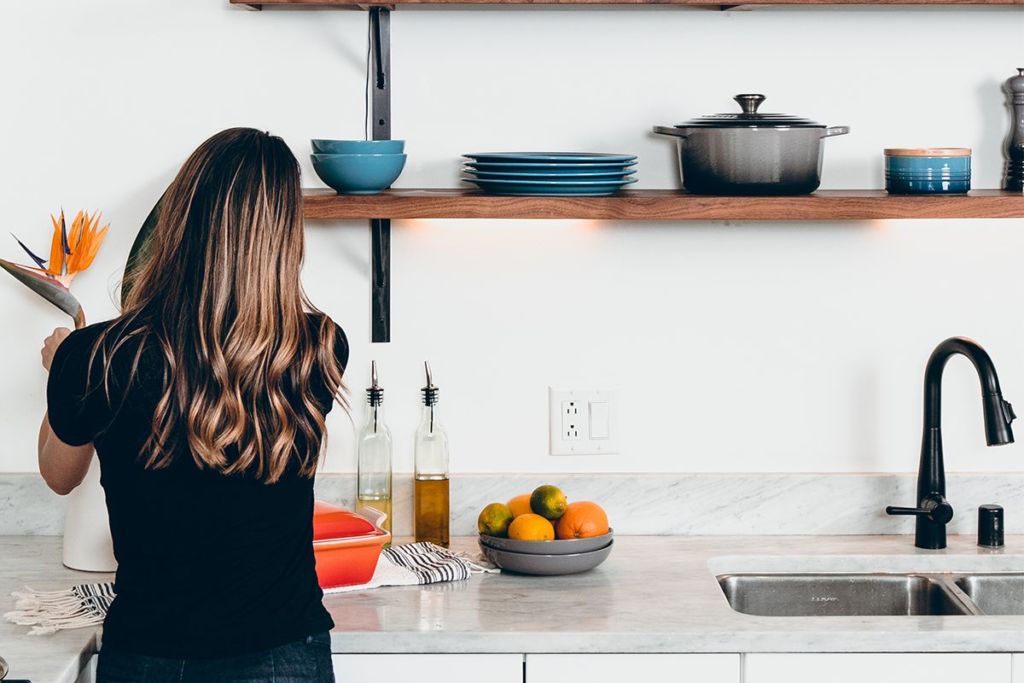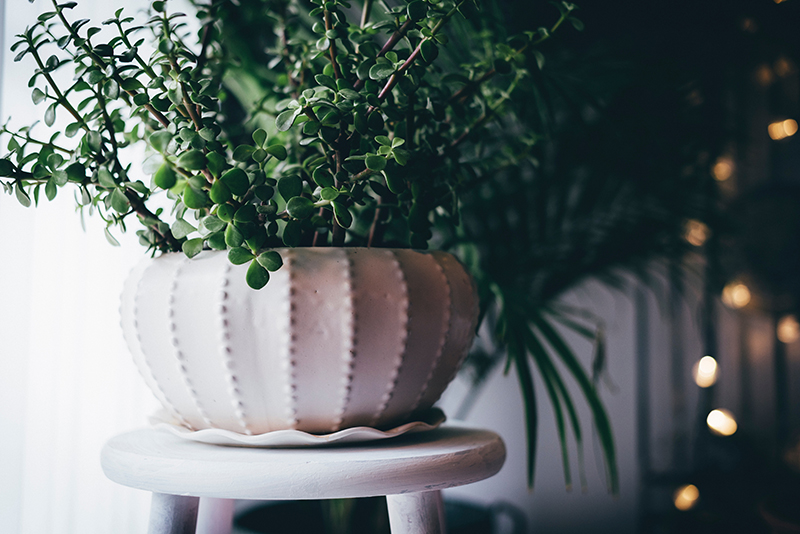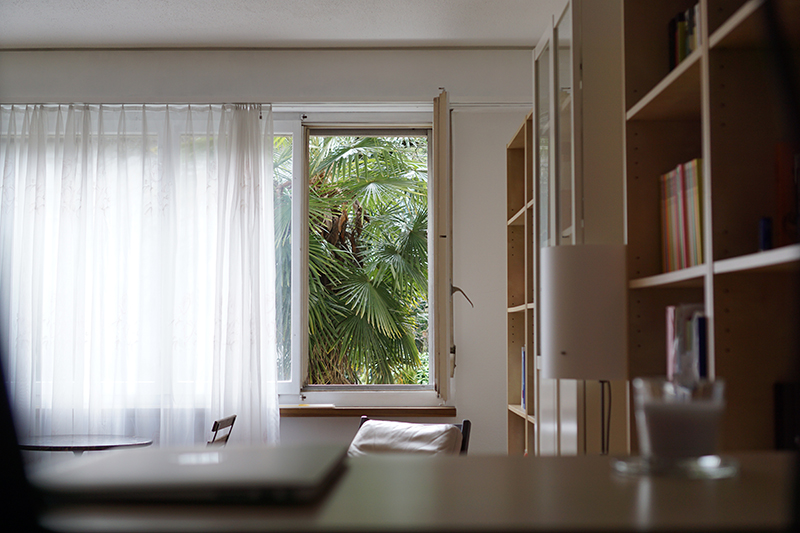Dry, itchy skin is just one of the problems that dry air can cause. When the air is dry, your respiratory system can suffer as well. Your nasal passages can dry out all the way down to your lungs, leading to a dry mouth and coughing, even if you have no medical problems. If you do have any lung issues, dry air can make them worse. You can raise the moisture level of the air in your home by using a humidifier. A humidifier can help relieve:
• Asthma and allergy flare-ups
• Chronic runny nose
• Dry throat
• Hay fever symptoms
• Nose bleeds
• Sinus congestion
• Cough and flu symptoms
Types of Humidifiers
There are a number of different types of portable humidifiers that provide excellent options that allow you to adjust the humidity in specific rooms where you spend a lot of time, such as bedrooms or a home office.
Cool mist evaporators utilize a wicking filter system to draw water out of the reservoir. A small fan pulls dry air from the room through the saturated wicking filter. Moisture from the filter evaporates and is pushed back into the room by the fan.
Warm-mist humidifiers produce a steam vapour that is up to 95% bacteria-free. This vapour mixes with dry air in a cooling chamber and releases soothing, warm moisture into the room.
Getting the most benefit
In order to get the most benefit from your humidifier, it is important to keep it clean and make sure it is in proper working order:
• Change the water regularly. Bacteria and mould can grow in standing water. And wash any buckets or filter systems every two or three days.
• Follow the manufacturer’s directions about how often to change the filter.
• Check your home’s humidity level every few days to ensure that the air isn’t too humid. Health Canada recommends, the humidity level in your home should be no lower than 30% in the winter and maximum 55% in the summer.
Air purifiers
A humidifier is an excellent option for keeping the humidity in your home at a healthy level, but it may not be all you need to make the air in your home safe. Lack of ventilation indoors can trap pollutants such as dust and pollen. In fact, the air in most homes contains more pollution than the air outside. Air purifiers can help reduce:
• Allergens such as dust, pollen and pet odours
• Asthma triggers including dry skin cells, dirt, perfumes, household cleaners, and smoke from cooking
• Carbon monoxide and carbon dioxide
• Fumes and pollutants that come in from outdoors
• Tobacco smoke that can trigger health problems such as heart disease, COPD (chronic obstructive pulmonary disease), asthma, pneumonia, bronchitis, and ear infections

Air purifiers are an excellent way to reduce allergens, such as dust, pollen and even pet odours, if you’re a pet owner.
There are different types of air purifiers to help capture indoor pollutants:
• True HEPA Air Cleaners are recommended for people suffering from allergy and asthma symptoms. These devices help reduce up to 99.9% of certain airborne viruses and bacteria. Certified Hepa air filters capture up to 99.97% of airborne allergens.
• HEPA-type & ifD® models are recommended for or those who want fresher, cleaner air in their homes. These units capture up to 99.9% of harmful particles and germs.
Air is something no one can live without, so it makes sense to do whatever you can to make the air in your home healthy and safe. London Drugs carries a number of humidifiers and vapourizers that will help provide relief for congestion and ease breathing. If you are unsure of which appliance will best suit your needs, our team of pharmacists will be happy to help you.








